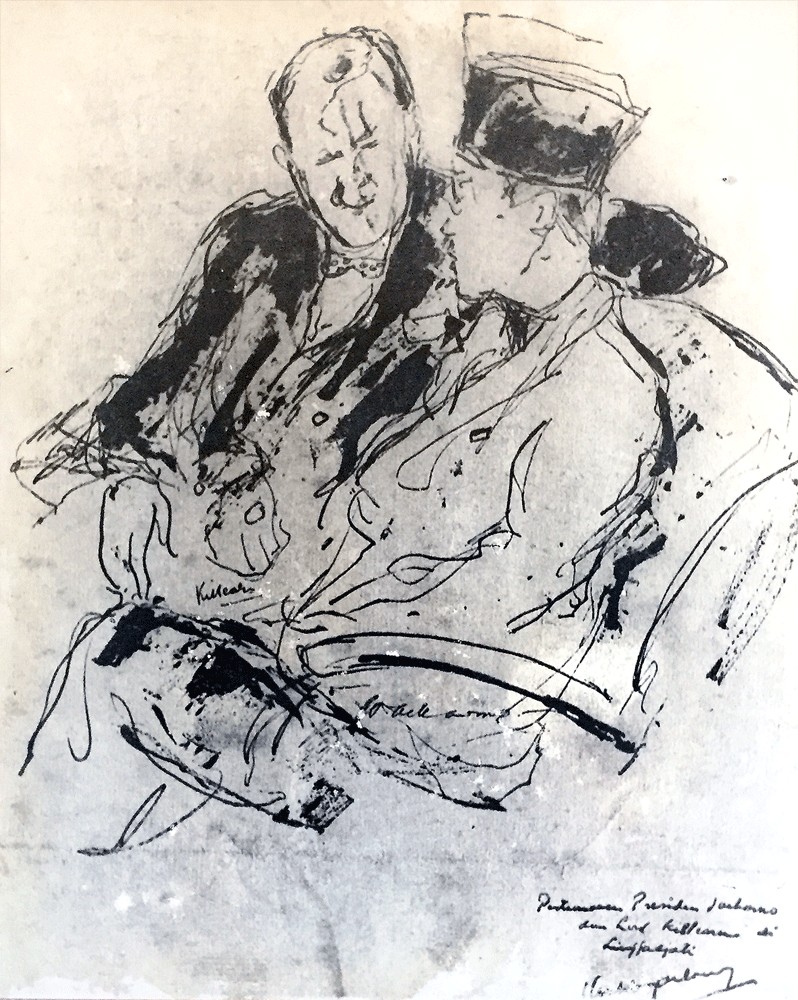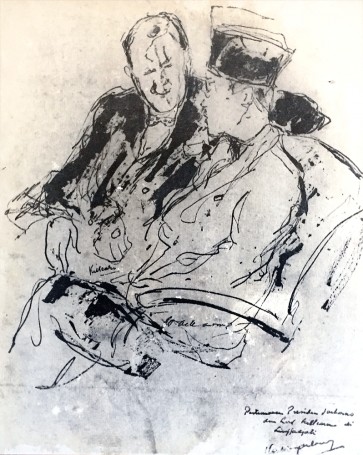Popular Reads
Top Results
Can't find what you're looking for?
View all search resultsPopular Reads
Top Results
Can't find what you're looking for?
View all search resultsWhy the Dutch do not respect Sukarno
“The Dutch have streets for freedom fighters such as Gandhi, Mandela, but not for my father.”
Change text size
Gift Premium Articles
to Anyone
“Happy Merdeka Day!” Kartika Sari Dewi Soekarno wrote, conveying her greeting on the 75th anniversary of Indonesia’s independence, Aug. 17, 2020.
The daughter of president Sukarno and his Japanese wife Ratna Sari Dewi is a former TV journalist in Japan. Now married to a Dutch businessman and living in London, she grew up in Paris and has been educated in the United States.
Like her mother, she still holds an Indonesian passport. “My father created this passport by fighting for freedom and social justice.”
It may be a sign of changing times that the post-World War II generations in Europe start to look differently at the contemporary issues – like Sukarno’s youngest daughter on the post-Sukarno era.
In a deep sense of anger, Kartika says she loves her country and will never forget her father, his achievement and his very last days.
“I have known him through history, his former colleagues and family. I have always been inspired by my father’s philosophy and sense of nationalism. Uncle Willem Oltmans [a Dutch journalist who was a good friend of Sukarno] told me that one day he was in a village and the villagers wanted to carry him on a bamboo chair. But he said they should carry the Indonesian flag and he would walk along with the villagers.”
She respects both Sukarno and Hatta as the symbol of Indonesian unity. “They had different characters but complemented each other. It was also a symbolic union between Java and non-Javanese. And therefore all Indonesians.”


















